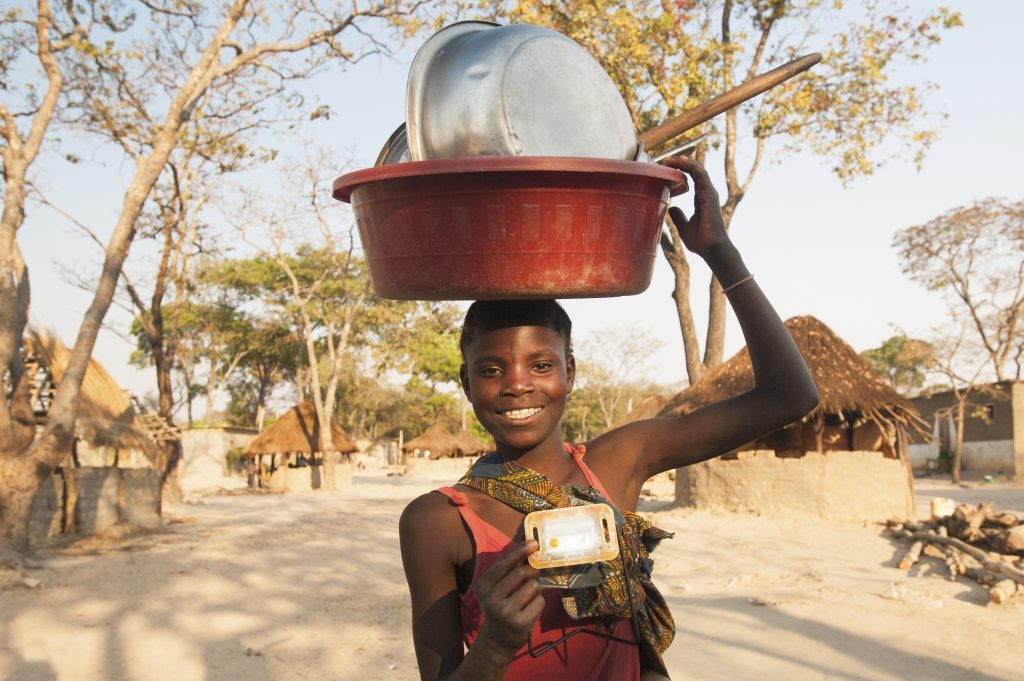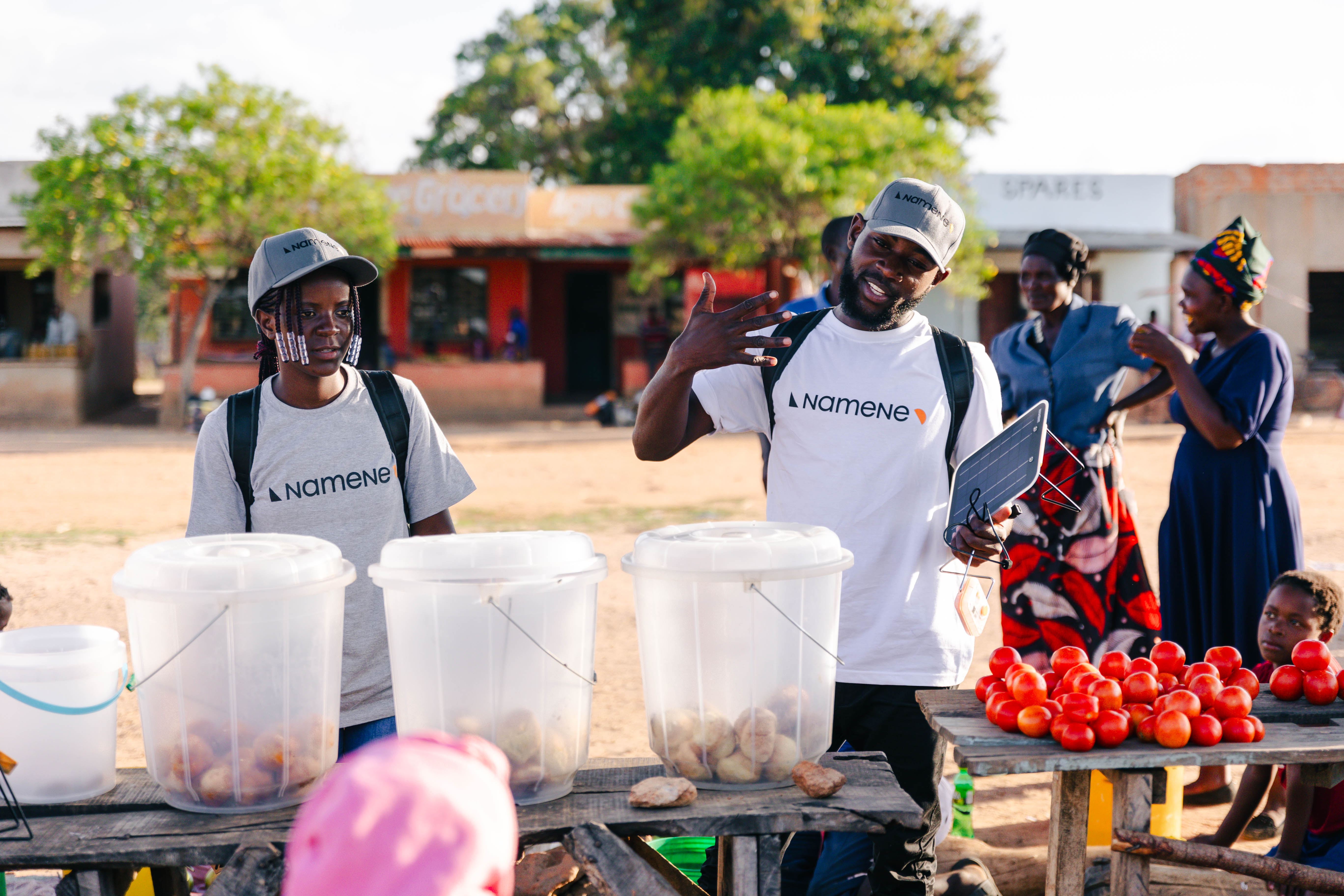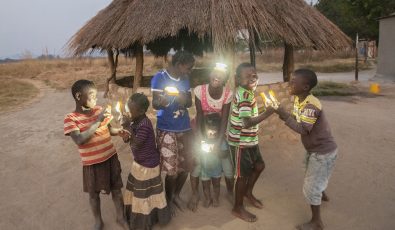Empower women to power Africa: women driving the energy transition
As South Africa celebrates Women’s Month this August, it’s a time to recognise and amplify the voices of women across all sectors, including energy. Women’s Month serves as a reminder of women’s essential contribution to society, and in particular, how they are crucial to the energy transition across Sub-Saharan Africa. This month, we at Namene want to honour and champion the essential role women play by connecting their communities to energy access, becoming solar entrepreneurs and leading the charge in energy companies.
The Power of Energising Women
There is a well-known African proverb that says, “To educate a man is to educate an individual, but to educate a woman is to educate a nation.” This saying encapsulates the inherent tendencies of women toward connection, community, and knowledge-sharing. It implies that when a woman is educated, she gains the power to transform not only her life but also the lives of those around her—her children, her family, her friends, and her entire community. Educate one woman, and her influence can ripple through society, fostering broader societal growth.
I believe this truth applies equally to energy access. Empowering one woman through access to clean energy creates opportunities for her to uplift and empower her entire community. It is a pattern I have observed repeatedly in my work within the energy sector. I am convinced that this empowerment is a key factor in achieving Sustainable Development Goal 7, which aims to provide access to affordable, reliable, sustainable, and modern energy for all.
Women: Dynamic Agents of Change in the Energy Sector
It is widely acknowledged that the burden of energy poverty in Sub-Saharan Africa falls heavily on women and girls, especially in typical African villages where Namene’s products are most needed. Women are often the ones collecting firewood and spending precious income on costly kerosene. This labour is not only time-consuming but also limits their opportunities for education, health, and economic advancement.
Access to energy can unlock a world of possibilities for these women—enabling better education, improved health, economic opportunities, and, ultimately, empowerment. I am continually inspired by how African women, in regions as diverse as Kakuma, Masai, and Kajiado County, have harnessed the power of their networks to share knowledge and pool resources for the benefit of their families and communities.
At Namene, we witness this in tangible ways. Women are often the first to engage with us and invest in our solar lights and clean technology products. They then share these benefits with their friends and families, becoming catalysts for change in their communities. Women are not passive subjects of energy poverty; they are dynamic agents of change.
Historically, 50% of all sales agents we have worked with have been women. These women have seen their lives transformed through access to energy and through their ability to earn additional income as solar entrepreneurs. Beyond this, we’re now investing in distribution partnerships that position women as energy leaders, such as our recent collaboration with Solar Sister, an organisation that envisions a more prosperous world powered by women entrepreneurs.

Centring Women in Energy Solutions
As I approach my fourth year in the energy industry, I am inspired by the increasing number of women entering this space. However, there is still much work to be done. Looking ahead, we must centre women in our product design and development processes. This means actively including their voices in the consultation process and addressing the gender disparities that persist in energy access and leadership.
African women are natural collaborators, and their ability to manage finances and resources with remarkable efficiency is well-known. In fact, a 2018 UN report on SDG 7 cited evidence that bringing women into energy value chains, as employees and as entrepreneurs, helps boost their incomes which has far-reaching benefits. The study cited showed that women reinvest 90 per cent of their income in their families and communities, while men reinvest only 30 to 40 per cent. Subsequently, The economic implications for empowering women can reach far beyond the individual.
Similarly, it’s understood that if you want to spread news or drive local changes, go through the women. Their focus on the collective good is vital for sustainable development and for achieving the broader goals of energy access across the continent.
Empowering women is about more than just improving their lives—it’s about strengthening entire communities. When women are empowered, humanity is empowered. The interconnectedness of this empowerment is the key to driving forward Sustainable Development Goals and ensuring a sustainable, energy-secure future for all.
Partner with us today to help empower women and their communities in Sub-Saharan Africa here.
Related Stories

Drive Sustainable Change with Namene Carbon Credits
As the urgency of climate change grows, businesses can take responsibility for their emissions and meet sustainability goals with Namene's Carbon Credits.
Read More
How Namene Does things Differently
Zambia Country Director, Chanda Mulenga shares lessons and strategies that have enabled our success deploying solar lights to some of the most remote communities.
Read More
World Environment Day 2024: three reasons to purchase Namene Verified Emissions Reductions today
World Environment Day is a call to action for businesses to take meaningful steps toward environmental sustainability. Here's how you can help by purchasin Namene Verified Emissions Reductions today.
Read More